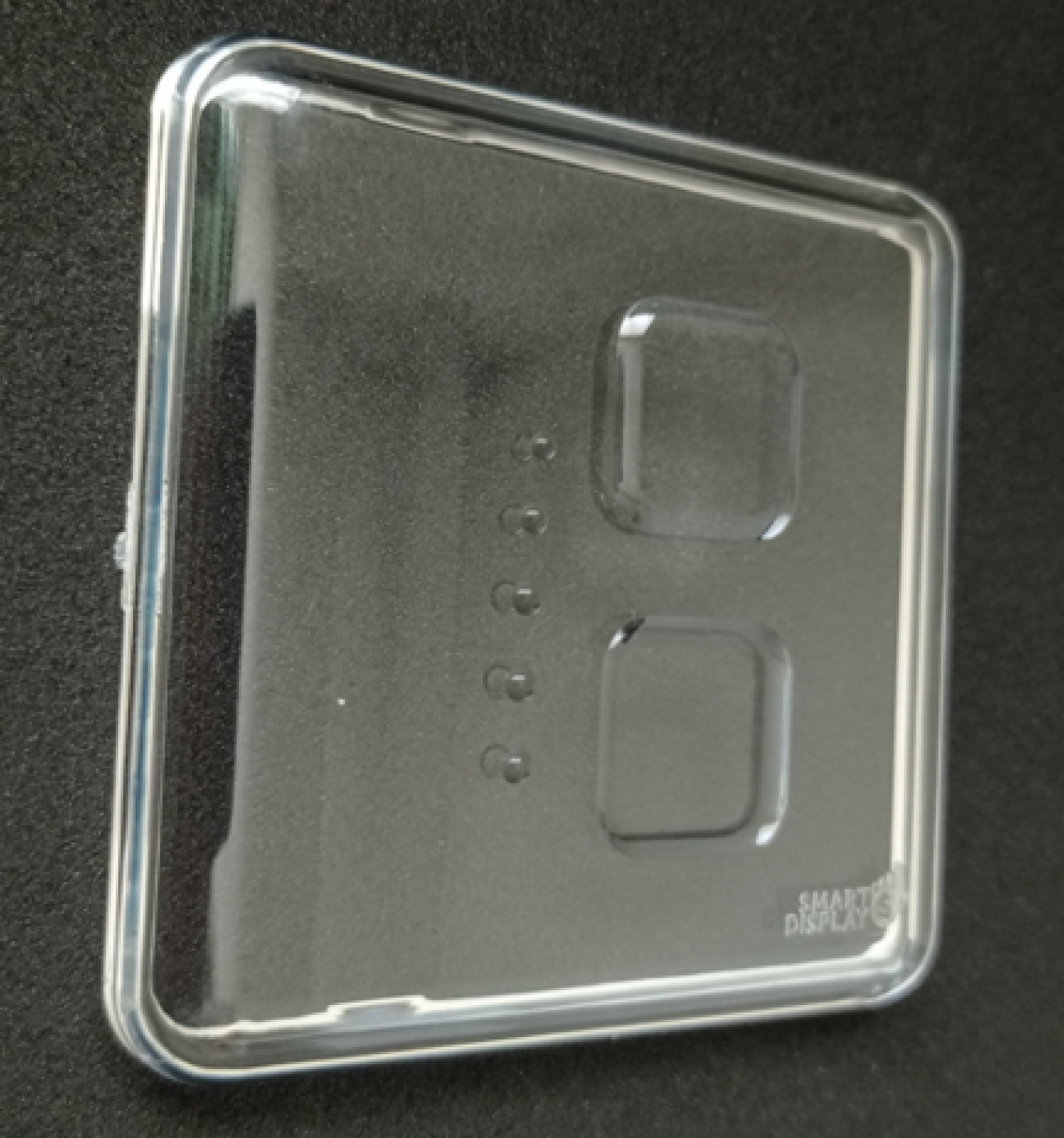Scientists develop new technology solution for touchscreen displays with recyclable, scratch-resistant and durable polymer-ceramic coating
The innovative haptic technology enhances the durability of a wide range of plastic components used in everyday life.
A research team from the Faculty of Sciences and Technology of the University of Coimbra (FCTUC) has developed a technological solution for haptic (tactile) devices with a scratch-resistant and recyclable polymer-ceramic coating that increases the durability of various commonly used plastic components.
Ana Paula Piedade, professor and researcher at the Department of Mechanical Engineering (DEM), is the leader of the Smart Display project at FCTUC, which has "developed a new solution for haptic components, specifically a switch. The prototype combines a scratch-resistant coating on the outside with the direct printing of an electrical circuit on the inside, enabling the switch to be activated by proximity or by pressing the buttons directly”.
Piedade explains “The main innovation is the polymer-ceramic coating. A solution to improve the mechanical resistance of plastic, particularly against scratching and wear, is to incorporate a ceramic material known for its hardness, albeit fragile. However, since these materials are chemically ‘incompatible’, we had to apply a chemical gradient, first coating the plastic switch with a polymer material (plastic) and then adding a ceramic coating, all within a thickness of 400 nanometres”.
Although this new solution has only been applied and tested to a switch component, it can be applied to a wide range of everyday devices, such as car dashboards, mobile phones or smart fridges, by making their external surfaces harder and more scratch-resistant.
Direct printing techniques were also explored, optimised and used to print electronic circuits directly on the internal surface of the switch. "This was carried out by the team led by Mahmoud Tavakoli, researcher and professor at the FCTUC's Institute of Systems and Robotics (ISR), through the use of the first conductive ink developed and patented by the team," concludes the researcher.
More information about the Smart Display project sponsored by KLC Technical Plastics is available at: https://www.klc.pt/pt-pt/solutions/innovation/.

